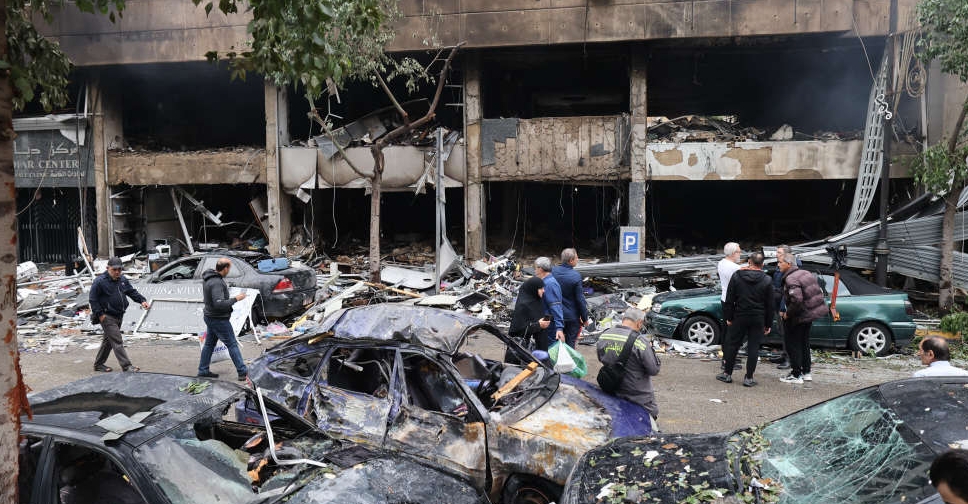
A ceasefire between Israel and Hezbollah came into effect on Wednesday at 0400 local time (0600 GST) after more than a year of direct hostilities that have killed thousands.
The deal was brokered by the United States and France, and was announced by US President Biden on Tuesday after Israeli Prime Minister Netanyahu said his ministers agreed to a truce.
Hezbollah did not participate in any direct talks for the truce, with Lebanese parliamentary speaker Nabih Berri mediating on its behalf.
The deal was a last-ditch effort by the Biden administration to achieve a ceasefire before leaving office in January 2025.
The United States is Israel's key ally and military backer, and Biden hailed the deal as "good news" and a "new start" for Lebanon.
Netanyahu thanked Biden for his involvement in brokering the deal, and said it would allow Israel to focus on Hamas in Gaza and Iran.
"When Hezbollah is out of the picture, Hamas is left alone in the fight. Our pressure on it will intensify," Netanyahu said.
The agreement will also enable "focusing on the Iranian threat" and give Israel's military time to resupply, he added.
Despite the ceasefire, Israel has warned civilians against returning to areas that were previously ordered to evacuate, the Arabic spokesman for the Israeli military, Avichay Adraee, said on social media platform X.
“For your safety and the safety of your family members, refrain from moving to the area… we will inform you when it is safe to return home,” he said.
Reuters witnesses said displaced residents began returning to Beirut's southern suburbs and southern Lebanon after the ceasefire.
UN Security Council Resolution 1701 has been the basis of the deal, with negotiations mainly revolving around its enforcement.
The treaty, which ended the last Israel-Hezbollah war in 2006, says only the Lebanese Armed Forces (LAF) are permitted between of the Litani River and the Israeli border, an area spanning around 40 km (25 miles).
Under the ceasefire agreement, Hezbollah fighters are to withdraw from the area. Around 5,000 members of the LAF are to be deployed, while Israeli forces withdraw in three phases over 60 days. A senior Lebanese political source told Reuters they expect Israel to withdraw within a month.
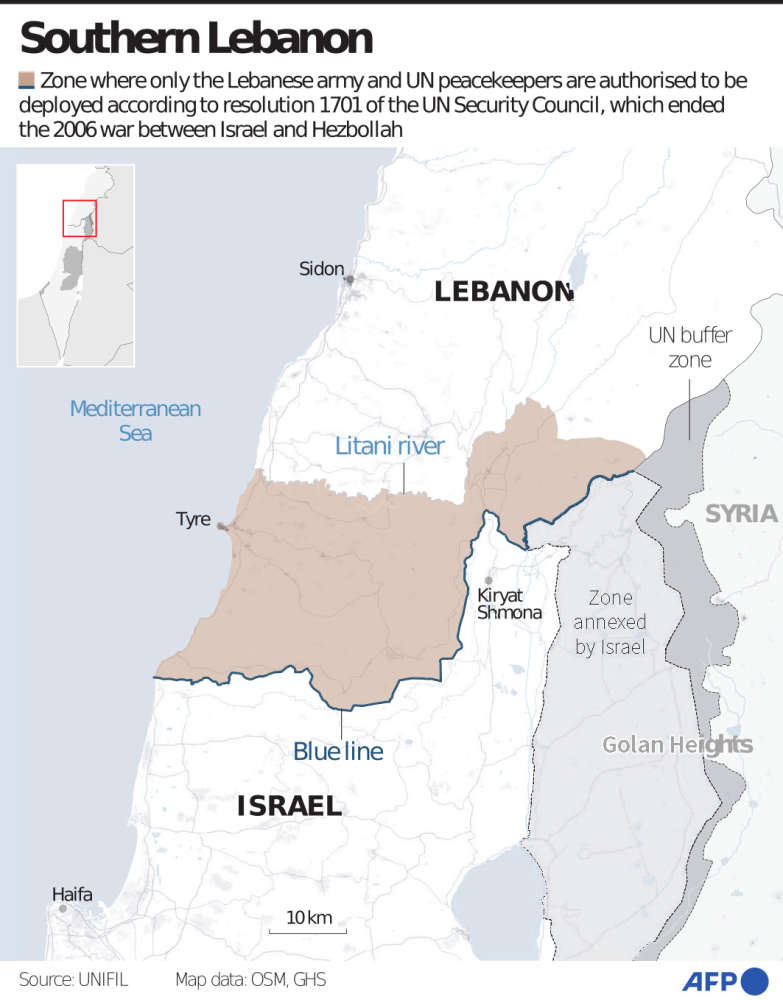
This time around, a more rigorous monitoring system to prevent Hezbollah from operating in the area will reportedly be implemented. The Lebanese military and the UN peacekeeping force (UNIFIL), which is already present in the south, will be tasked with supervising the group’s movements. It will also include the US and France, with the US chairing the group, Lebanon's deputy speaker of parliament Elias Bou Saab told Reuters.
Israel maintains the right to strike Lebanon if there’s a breach of the agreement or new threats are detected, including transfers of weapons and military equipment to the group, according to the terms of the ceasefire. However, Lebanon said it would consider this a violation of its sovereignty. Israel said it would use drones to monitor movements on the ground in Lebanon.
The hours before the ceasefire came into effort saw some of the most intense airstrikes since the war began. A strike hit the usually busy district of Hamra, home to residential buildings, offices, and the American University in Beirut.
The health ministry said at seven people were killed and 37 others were injured in at least four strikes that hit a residential building housing displaced people in central Beirut’s Nweiri.
Analysts and Lebanese civilians have sown doubt as to whether the truce will hold, citing Israel’s right to strike Lebanon under the deal. If this happens, the conflict could be reignited.
Despite this, residents were seen celebrating the ceasefire in Lebanon, most notably in Beirut’s southern suburb Dahiyeh and southern Lebanon, where the majority of Israeli activity was recorded. Celebratory gunfire could be heard ringing in the streets, while some held up pictures of longtime Hezbollah leader Hassan Nasrallah, who was killed in an Israeli airstrike in September.
Analysts have also said the deal in Lebanon is unlikely to have an effect on Gaza ceasefire talks. “I don’t think the conclusion of any deal with regards to Lebanon is likely to make one in Gaza more likely,” HA Hellyer, a senior associate fellow in security studies at the Royal United Services Institute (RUSI) told CNN, adding that there haven’t been substantial ceasefire negotiations in Gaza for a long time.
Hezbollah and Israel began exchanging cross-border fire on October 8 after the former declared solidarity with their Gaza-based ally Hamas. Hamas launched an attack on Israel a day prior, leading to the ongoing Israeli aggression in the Gaza Strip.
At least 3,823 people have been killed in Lebanon since last year, most of them in the past several weeks, when Israel escalated its campaign against Hezbollah. More than 1.2 million people have been displaced.
On the Israeli side, the hostilities with Hezbollah have killed at least 82 soldiers and 47 civilians, authorities say.



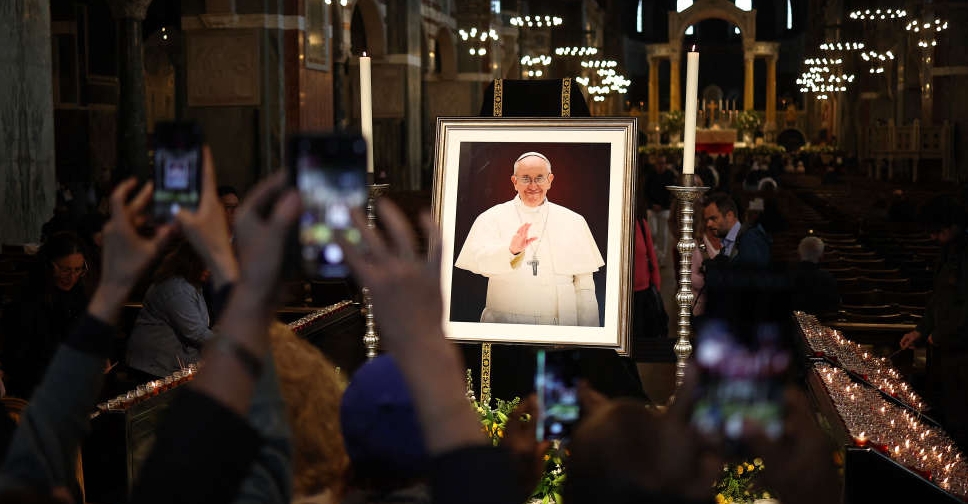 Cardinals to meet after death of Pope Francis, plan for funeral
Cardinals to meet after death of Pope Francis, plan for funeral
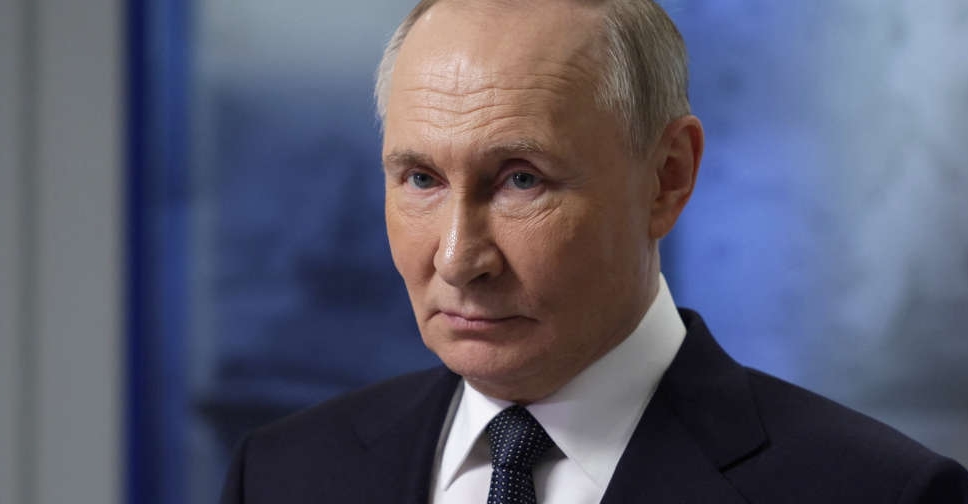 Putin says he is open to direct peace talks with Ukraine
Putin says he is open to direct peace talks with Ukraine
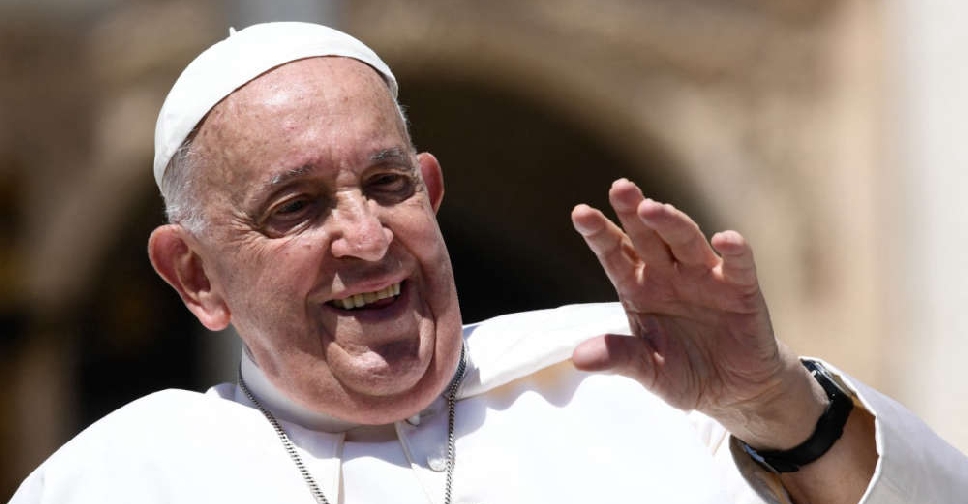 Pope Francis dies aged 88, Vatican says
Pope Francis dies aged 88, Vatican says
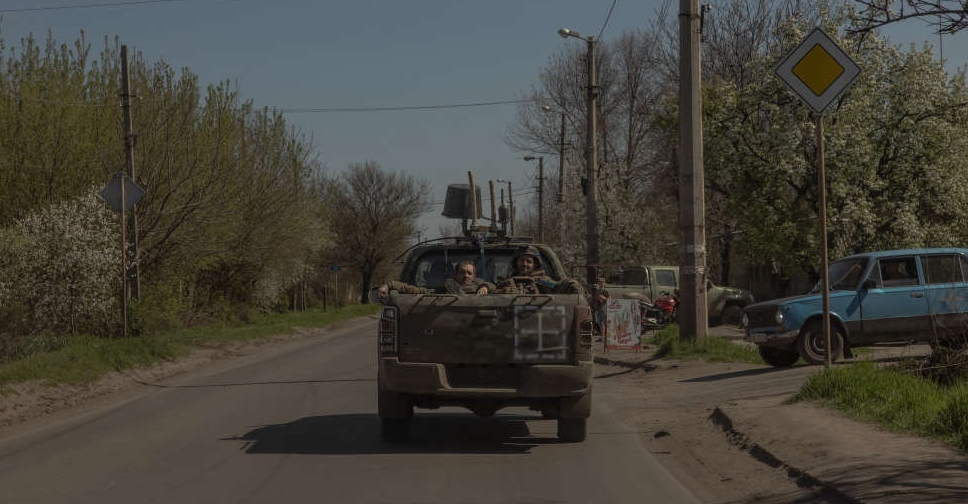 Half of Ukraine under air raid alerts hours after Russia ceasefire ends
Half of Ukraine under air raid alerts hours after Russia ceasefire ends
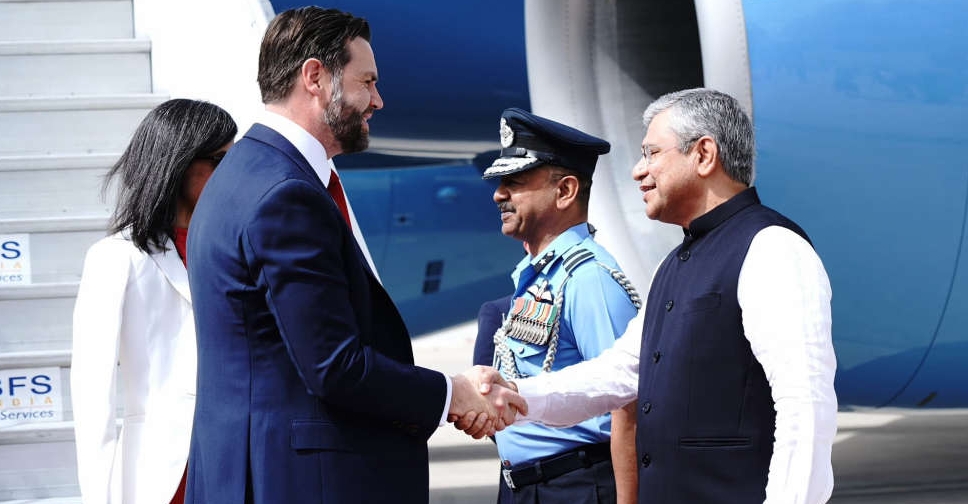 Vance arrives in India, to hold talks with Modi under US tariffs shadow
Vance arrives in India, to hold talks with Modi under US tariffs shadow




